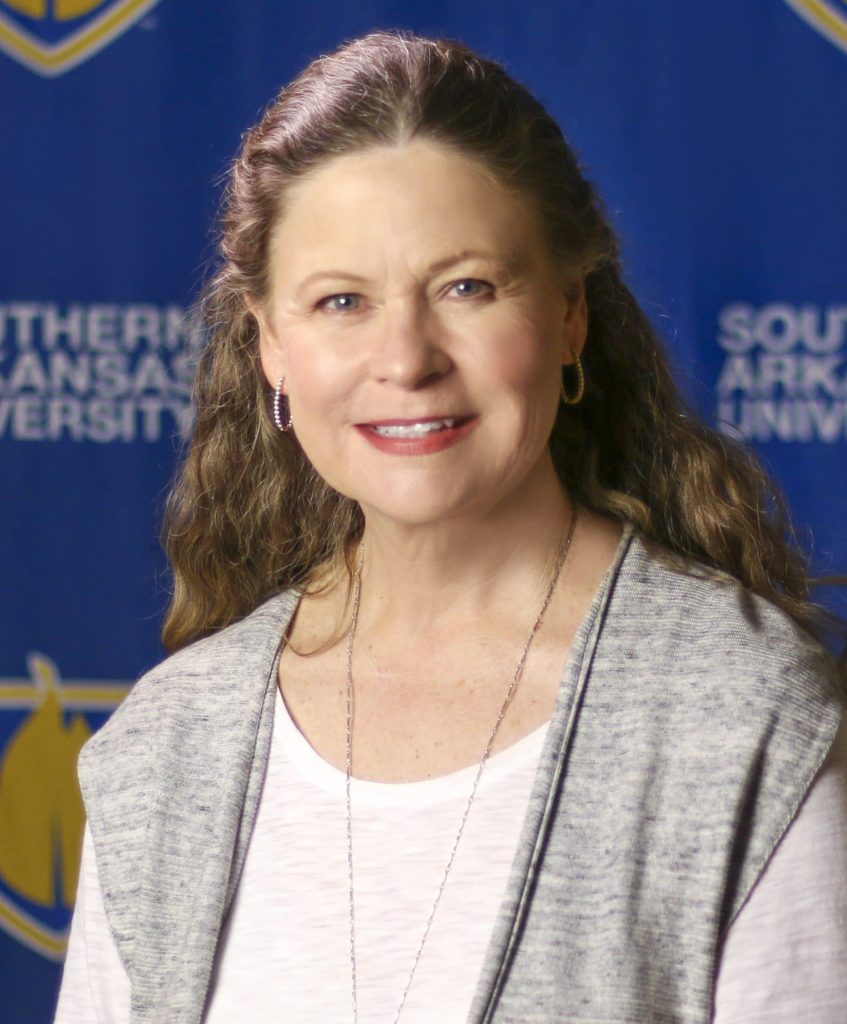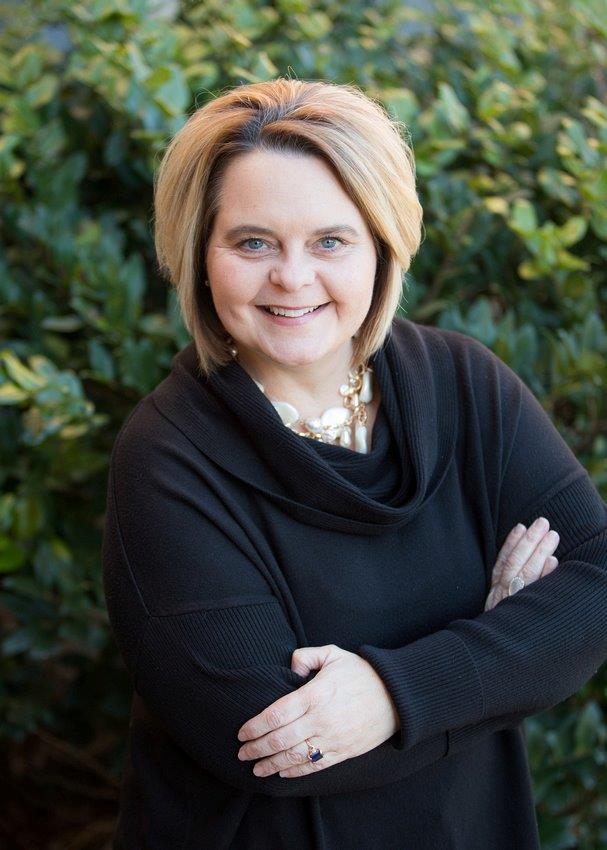July 1, 2021
Hailing from every corner and 23 counties of Arkansas, plus Louisiana, Missouri, and Vermont, Southern Arkansas University announces the first cohort admitted into the Doctor of Education in Rural and Diverse Educational Leadership program. The 32-member cohort includes a wide range of educational practitioners from school superintendents, university leaders, college and university teaching faculty, building and district-level administrators, and highly experienced classroom teachers.
Incoming doctoral students are focused on the opportunities ahead. Christopher Cross, manager of the emerging Office of Multicultural Student Engagement at St. Charles Community College in St. Louis, MO, applied to the program because he “wants to be able to engage, explore, and learn more about rural and diverse leadership in higher education. I’m interested in learning how diverse leaders can impact small, rural communities across the country and provide a more global understanding of diversity, equity, and inclusion.”
Similarly, David White, of Jonesboro, AR, a teacher and CEO of TLC Tutoring Company chose the Ed.D. at SAU because “the program placed a strong emphasis on diversity and focused on changing the lives of students who are currently underserved by the education system. This program aligned with my personal values and professional experience, and I know the knowledge I gain will allow me to help make a real and lasting difference in the communities I serve.”
The curriculum emphasizing the unique aspects of rural education caught the attention of Vermont’s Ashley Creighton, a social and emotional learning coach in the Northeast Kingdom, a rural area of the state. Upon learning about the program, she was “excited about the program description and how it was closely tied to working in a very rural state like Vermont that struggles with supporting its students and teachers because of the limited access to resources. In addition, I was really drawn to the course structure and felt that it would build in a way that will help me be successful in my dissertation and my personal growth as an educator.”
The fully online program meets the needs of working adults juggling many aspects of life simultaneously. Creighton appreciated “that I was not required to attend any length of residency on campus because being a single mom of two young children, working full-time, and living far away, that would have been exceptionally difficult for me.”
“Being able to reach out and use the knowledge of some of the brightest people in the industry is incredible. I cannot believe how excited I am to begin this process. Thank you, SAU, for choosing me for this honor of being in the first cohort at Southern Arkansas University.”

Teacher/Coach, Lakeside High School, Hot Springs, AR
Institutionally, SAU studied the feasibility of offering the educational leadership doctoral degree for a few years before applying for approval, a rigorous process required by the Higher Learning Commission (HLC), the University’s accrediting agency. In May 2020, amid the pandemic and during the most uncertain semester in higher education’s recent history, HLC granted SAU approval to begin the program.
“In the challenging educational climate we were facing, the approval news brought enormous relief and a sense of excitement to the College of Education,” reflects Dr. Kim Bloss, SAU’s dually serving Dean of the College of Education and Dean of Graduate Studies. “Upon receiving this good news, we knew there was a lot to do in just over one year to prepare for the new program in the Fall of 2021, but here we are. We are ready!” says Bloss.
“For this first cohort, we had 77 completed applications, and many more started,” reports Dr. Katherine Berry, Associate Professor and Founding Program Director for the Ed.D. at SAU. The program uses a multi-step, holistic review process to select admitted students. Our program admission committee worked diligently and compassionately to evaluate every applicant very closely. In addition, the process honored the students’ efforts in applying for such a competitive admission protocol where program capacity limited first-year enrollment to only around 30 students.

“To best serve our doctoral students, the program needs to remain small, focusing on the delivery of the highest quality content in a caring, online environment. That’s what SAU does best,” says Dean Bloss.
Admitted applicants have continued to express their excitement about the program. Jeff Haynes, a teacher and coach at Lakeside School District in Hot Springs, captures this sense of anticipation. He says, “I am looking forward to working with all of my cohort members in this process. Being able to reach out and use the knowledge of some of the brightest people in the industry is incredible. I cannot believe how excited I am to begin this process. Thank you, SAU, for choosing me for this honor of being in the first cohort at Southern Arkansas University. Go Muleriders!”
The intentional selection process resulted in a broadly diverse cohort whose members serve tens of thousands of students in Arkansas and beyond. “One commitment the program faculty shares is the belief that our students should reflect our constituency, the students and families in rural communities and diverse learning settings from pre-K throughout the educational continuum,” said Katherine Berry. “After our very first pass implementing the holistic review process, this exact cohort resulted. They have all the qualities we are looking for – gender, racial, geographic, professional, and experiential diversity. They serve in small, large, public, charter, face-to-face, and virtual schools. They serve two-year and four-year colleges, both in systems and stand-alone institutions. They connect in meaningful ways to rural and/or diverse educational leadership through long, seasoned careers. Together, they are a rich community of learners, and together, we will learn from one another in this exciting program,” she continued.
“This cohort is remarkable in many ways. It is truly a historic first for SAU!” shared Dr. Trey Berry, SAU’s president. “When crafting a new academic program in today’s competitive online marketplace, you just don’t always know what to expect. Certainly, we knew there was a need, but we are very excited about the positive response to this program. Our hunch and research are confirmed; the region, the nation even, needs a program emphasizing rural and diverse educational leadership. We are enormously pleased to offer our program to students everywhere,” he said.
The application for admission for the second cohort which will begin in the Fall of 2022 opens on July 1, 2021, with all application materials due on February 1, 2022. The next cohort will be of a similar size, around 30 students, but future cohorts after that are likely to be only 15-20 students. “To best serve our doctoral students, the program needs to remain small, focusing on the delivery of the highest quality content in a caring, online environment. That’s what SAU does best,” says Dean Bloss.


